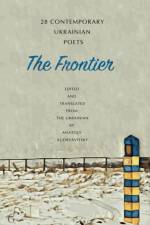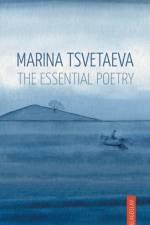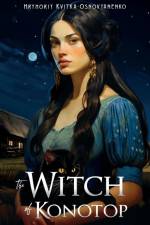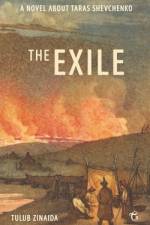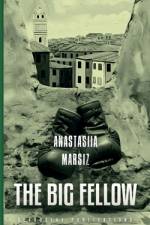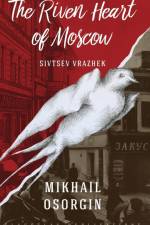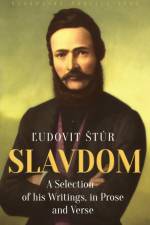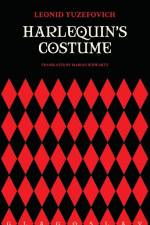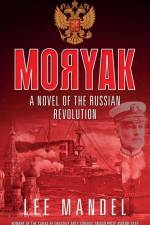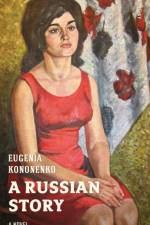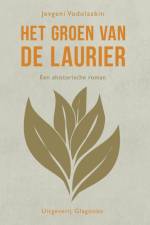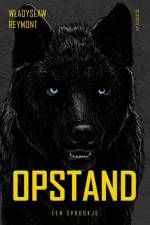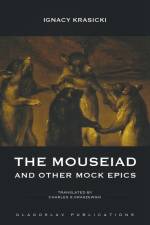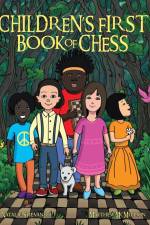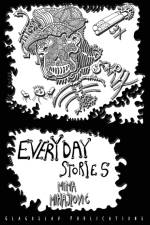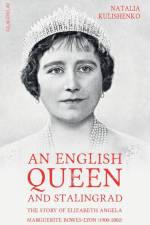von ¿Udovít ¿Túr
37,00 €
'Why do you whimper and wail, O Tatra streams and rivers, who carry your plaintive lament resounding to the sea?' asks the narrator toward the end of The Slovaks, in Ancient Days, and Now. They respond: 'Because our human compatriots do not join together in memory, as we our waters mix with our origin, and because their lives do not resound booming, but roll on unconsciously, like hidden streams, silently to the sea of the life of the nations, young man!' This quotation from the most famous prose work of ¿udovít ¿túr (1815 - 1856) might be set as a motto to the literary career of Slovakia's greatest Romantic poet, publicist, and political activist. For all of ¿túr's writings aim at one goal: the propagation of the national traditions of the Slovaks in an age when their nation was threatened with such repression from the Magyar majority in Hungary, that the complete extinction of the Slovak language and culture was a real possibility. Slavdom: A Selection of his Writings in Prose and Verse, presents the reader with a wide selection of the creative output of a great Slovak writer, and an important Pan-Slav thinker. Divided in three parts: 'Slovakia,' 'Pan-Slavism' and 'Russia,' it reflects the development of ¿túr's thought, from his insistence on the importance of the Slovak past and the quality of Slovak culture, through his attempts to find a modus vivendi within the Austro-Hungarian Empire by uniting all of the Slavic nations of Austria together in a federation under the Habsburg crown (Austro-Slavism) to his arguments for all Slavs to unite under the hegemony of Russia, when the events following the Spring of the Peoples in 1848 proved Austro-Slavism a dead alley. Slavdom offers a generous selection of ¿túr's writings, from Slavic apologetics such as The Contribution of the Slavs to European Civilisation though selections of his poetry, chiefly, the two great chansons de geste centring on the ancient Great Moravian Empire: Svatoboj and Matú¿ of Tren¿ín. A must read for anyone interested in Slovak literature, Pan-Slavism, and European Romanticism in general.This book was published with a financial support from SLOLIA, Centre for Information on Literature in Bratislava.


